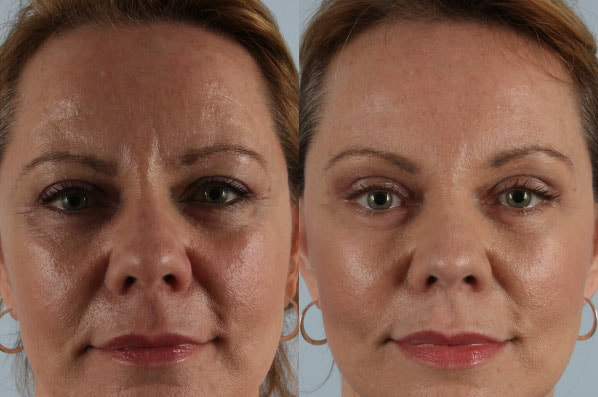
There are several options available if your child or you have a deviated nasal. This problem can be treated with surgery or conservatively. Before you decide on a surgery, make sure to understand the risks and benefits. In some cases you might need additional types of repairs like a new septum.
Options for treatment
A deviated septum can make it difficult to breathe. However, there are several treatment options available for this condition. Some of these treatments can help relieve the symptoms of stuffy nose and sinusitis, and are also helpful in delaying surgery. Decongestants are medications that reduce swelling and can be used to treat the symptoms. They can either be taken by mouth, or applied directly to your nasal cavity with a nasal spray.
If the deviated septum isn't serious and there are no long-term complications it can be treated. If it becomes severe enough to affect breathing, surgery may be necessary. If non-surgical treatment fails, ENT doctors (also known as otolaryngologists) will often recommend surgery.
There are many surgical options
There are many surgical options that can correct a deviated nasal septum. These options can improve your breathing and reduce nasal congestion. A valve repair or turbinate removal are some options. You may also have surgery to remove any polyps or to improve the function and health of your sinuses. You should be aware of the risks and benefits associated with surgery if you are thinking about it.

While surgical treatments will not cure all deviated septums however, if the septum is causing persistent congestion or interfering with your breathing it might be worth considering surgery. A deviated septum may make your nose look unnatural and can cause you to feel self-conscious about how your nose looks. Septoplasty is a surgical procedure that can straighten your septum and correct any nasal structural problems. Patients can return home in the same day without any bruising, scarring, or swelling.
Complications of surgery
A deviated septum can cause frequent sinus infections. Infections can cause inflammation, irritation, and even infection in the nasal passages. If left untreated, they can spread to brain tissue, causing seizures or brain damage. In some cases, surgery is necessary in order to correct the septum defect.
A deviated septum can cause complications. While the risks are low, long-term complications can occur. These symptoms include bleeding or pain, as well infection. To help with complications, some patients might need to consult a neurologist.
Allergy treatment
A diagnosis of deviated septum is made by a doctor based on the symptoms and a physical examination of the nose and sinuses. The doctor will ask the patient detailed questions about their symptoms and their lifestyle in order to determine the root cause. They may also perform a CT scan of the sinuses to determine the severity of the deviated septum.
Some patients may find that allergy treatment for deviated Septum can help reduce symptoms. It may reduce swelling of the septum and the surrounding tissue and relieve congestion. It will not fix the root problem.

Alternatives to Surgery
Surgery is the most common procedure to correct a deviated septum. But there are alternatives. The best minimally invasive option to traditional surgery is endoscopic septoplasty. Endoscopic septoplasty provides excellent visualization of bone, cartilage, and allows the surgeon to focus on the specific deformity.
The procedure corrects the septum's deviation by straightening the nasal septum, and then reinserting it into your nose. The surgeon may need to cut and then re-insert the septum in order to achieve the proper alignment. The result is a better airflow through the nose. Patients need to know that these results are not permanent. Other conditions can also make the condition worse.